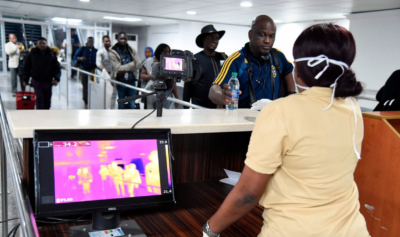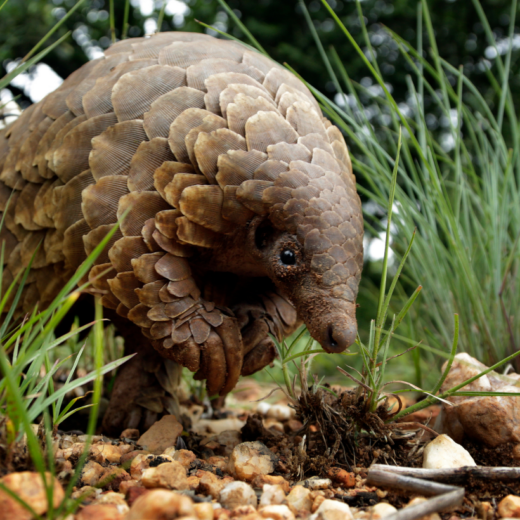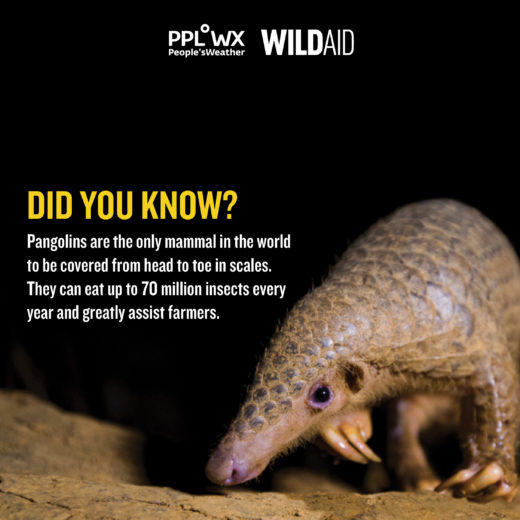


By Nicholas Bariyo and Joe Parkinson
Nigeria’s health authorities on Friday reported the first confirmed case of the coronavirus in sub-Saharan Africa, adding to fears about the spread of the deadly virus on a continent already beset by some of the world’s weakest health-care systems.
An Italian citizen who arrived in Nigeria from Milan, located in a region that is grappling with the biggest outbreak of the virus outside Asia, tested positive for the coronavirus on Thursday, two days after arriving in the commercial capital, Lagos, the health ministry said. Health Minister Osagie Ehanire said the individual has been quarantined in a specialized unit.
“The patient is clinically stable, with no serious symptoms and is being managed at the Infectious Diseases Hospital,” Dr. Ehanire said. “All Nigerians should take care of their health and maintain hand and respiratory hygiene.”
Nigeria, with a population of 190 million people, is Africa’s most populous nation and Lagos, with an estimated 21 million residents, is the continent’s largest city. The lack of prior cases in the region puzzled health specialists given its close ties with China. Tests conducted on suspected cases in Kenya, Ethiopia, Ivory Coast and Botswana have been negative, local health authorities say. The World Health Organization has warned that Africa’s “fragile health systems” could prevent nations responding.
In North Africa, two cases have been confirmed, in Egypt and Algeria.
The outbreak has killed more than 2,800 people and spread to 46 countries since it was first detected in the Chinese city of Wuhan late last year. It has now spread to every continent, except Antarctica.
China is Africa’s largest trading partner and bilateral relations have expanded dramatically in recent years as resource-hungry Beijing has become the top consumer of the continent’s vast mineral resources. But since the outbreak, many countries have sought to limit flights. Countries including the Democratic Republic of Congo and Mozambique have prevented their citizens from traveling to China, while Zambia and Kenya have raised travel alerts. South Africa said Thursday that it would evacuate at least 132 of its citizens from Wuhan.
But some experts say that lower levels of urbanization, warmer temperatures may act as a buffer against the rapid spread of the virus in Africa.
“Sub-Saharan Africa will be less affected health-wise on a per capita basis than most other regions,” the Economist Intelligence Unit said in a note. “But the economic damage may still be substantial, in terms of supply-chain disruption and lower commodity prices.”
More than 2,800 people have been killed by the virus globally.
- China said it logged 327 new infections on Thursday, the lowest daily total since Jan. 23.
- Stocks around the world have fallen sharply, with the S&P 500 entering correction territory on Thursday.
- Italy has reported more than 600 cases.
Nigerian authorities on Friday called for calm and said they had been strengthening control measures such as screening, and surveillance to ensure that any outbreak is controlled and contained quickly.
“People with a persistent cough or sneezing should stay home or keep a social distance,” Dr. Ehanire said.
But many countries in the region, including Mozambique, Malawi and Chad, which have close economic and diplomatic ties with China and sizable Chinese and European expatriate communities, still lack the capacity to test the virus.
The first known African person to be infected, a 21-year-old Cameroonian in the Chinese city of Jingzhou, recovered.
The virus is suspected of having originated at a wildlife-food market in Wuhan. One hypothesis is that the intermediary animal for the virus may be a pangolin, a small mammal prized for its meat and scales covering its body.
Containing the virus, in a region where millions of people still consume wildlife as part of their diet, may be challenging, officials say. This week, San Francisco-based environmental group WildAid singled out Nigeria, saying the country has become a regional hub for illegal exports of pangolin scales to East Asia, raising risks. Many countries in West and Central Africa are a particular risk, WildAid said, urging them to close down wildlife markets.
“The coronavirus outbreak highlights the massive risk of wildlife markets and consumption,” said WildAid Africa Program Director Lindlyn Moma. “While some communities in Africa might consume wildlife as part of their diet, commercializing the trade, mixing species together and bringing live animals into densely populated urban areas greatly increases the risk of a pandemic.”
Stay in touch and get the latest WildAid updates.
SIGN UPAbout WildAid
WildAid is a non-profit organization with a mission to protect wildlife from illegal trade and other imminent threats. While most wildlife conservation groups focus on protecting animals from poaching, WildAid primarily works to reduce global consumption of wildlife products such as elephant ivory, rhino horn and shark fin soup. With an unrivaled portfolio of celebrity ambassadors and a global network of media partners, WildAid leverages more than $308 million in annual pro-bono media support with a simple message: When the Buying Stops, the Killing Can Too.
Journalists on deadline may email communications@wildaid.org


